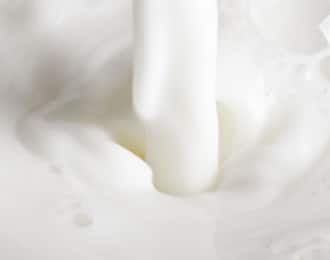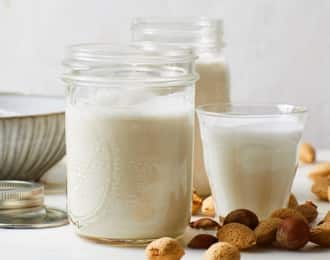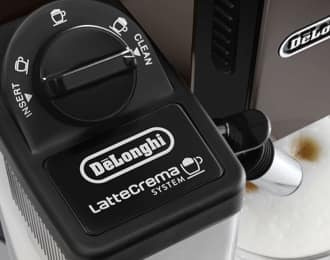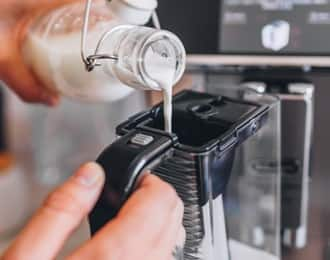The chemical composition of milk and different types.
The major components of milk are water, proteins, fats and sugars, and other elements like vitamins, minerals, and salts. There are different types of milk in the market: Whole, Semi-skimmed and Low-fat. For people with lactose intolerance or are curious to try alternatives to cow’s milk, plant- based drinks can be an easy-to-find: Soy, Oats, Almond, Rice are just a few examples of what is available in the market.




